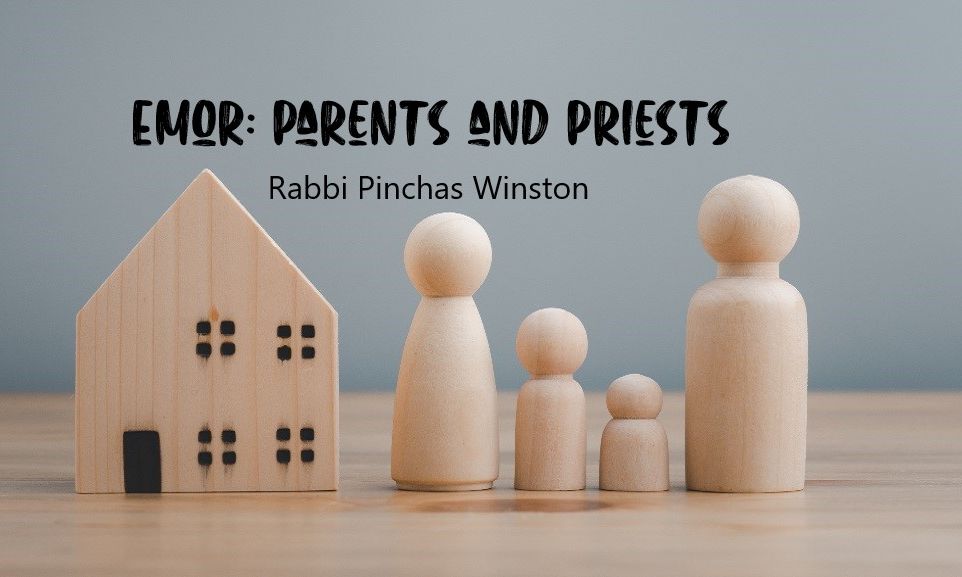
Emor: Parents and Priests
When two seem to mitzvot "collide," like being the High Priest and properly honoring one's deceased parent, it’s a sign that we need a better understanding...

Parshat Emor
In last week’s parsha we saw the mitzvah of “Honor your father and your mother.” So important is this mitzvah that it appeared on the side of the Tablets that dealt with mitzvot between man-and-G-d (the first four mitzvot concern the relationship between man-and-G-d, whereas the last five of the Ten Commandments, beginning with murder, are of the relationship between man-and-man).
The mitzvah to honor one’s mother and father is the fifth mitzvah of the first five commandments, though it seems to be a mitzvah between man-and-his-fellow. This prompted the rabbis to teach that it is really a mitzvah between man-and-G-d, since it teaches respect and appreciation for a higher authority. It is the child-parent relationship that is supposed to prepare the child for a relationship with G-d once he becomes an adult and capable of an abstract relationship.
Hence, if one doesn’t grow up with the proper respect for his parents, he will have difficulty developing the proper respect for G-d later as well. He will tend to look at himself as his own “boss,” and have difficulty accepting a Higher Authority. Perhaps this is at the root of why so many young adults today do not revere G-d as they ought to, and why for many a baal teshuva (one who lived a secular life and then returned to Judaism), one of the last stereotypes to break is the idea of being subservient to a Higher Influence.
Honoring one’s father or mother is not a mitzvah incumbent only on young children either. It is one that is active for the duration of the parent’s life. What can one’s child think about his own parent when he watches the latter treat his own father or mother with a lack of respect? So often, a child’s feelings of respect for his parent later in life is based upon the respect shown to his parent’s parent in earlier years.
If so, then it comes as a surprise to read in this week’s parsha the following:
י וְהַכֹּהֵן֩ הַגָּד֨וֹל מֵֽאֶחָ֜יו אֲשֶׁר־יוּצַ֥ק עַל־רֹאשׁ֣וֹ | שֶׁ֤מֶן הַמִּשְׁחָה֙ וּמִלֵּ֣א אֶת־יָד֔וֹ לִלְבּ֖שׁ אֶת־הַבְּגָדִ֑ים אֶת־רֹאשׁוֹ֙ לֹ֣א יִפְרָ֔ע וּבְגָדָ֖יו לֹ֥א יִפְרֹֽם
:יא וְעַ֛ל כָּל־נַפְשֹׁ֥ת מֵ֖ת לֹ֣א יָבֹ֑א לְאָבִ֥יו וּלְאִמּ֖וֹ לֹ֥א יִטַּמָּֽא
The Kohen Gadol (High Priest) of his fellow kohanim, upon whose head the oil of anointment was poured and who was consecrated to wear the [holy] clothing, [the hair] of his head should not be in disorder, nor shall he tear his garments. Neither shall he go in to any dead body, nor defile himself for his father or his mother; nor shall he leave the Temple or profane the Temple of G-d … (Vayikrah 21:10-11)
…This means that he must not follow the bier (i.e., attend the funeral of his father or mother). (Sanhedrin 18a)
Now it is true that, technically, the mitzvah of honoring one’s father and mother ends with the parent’s death, and it is a mitzvah of honoring the dead that replaces it. Still, the line between the two is somewhat gray, and, at the very least, there is the appearance of a lack of respect for one’s parent should a child’s final respects not be paid properly.
When two mitzvot “collide” like this (being the Kohen Gadol and properly honoring one’s deceased parent), it is an indication that a more sophisticated understanding of each mitzvah is necessary.
It is explained that the essence of the mitzvah of honoring one’s father and mother is the concept of “hakoret hatov” (appreciating the good). Parents give life to a child, and whether or not they properly sustain that life, still, the gift of life is still the gift of life. In appreciation of that gift, a child is supposed to maximize the opportunity of life, which is the greatest honor the child can accord the parent. This too is going to become the basis of one’s relationship to G-d once the child matures into an adult.
One of the most important roles the Kohen Gadol played was to be a constant reminder of the source of good in life, and to enhance the appreciation of the entire Jewish nation of the gift of life, and the gift of Torah and mitzvos. He did this in many ways, but primarily, it was his singular devotion to G-d and spiritual perfection to the “nth degree” that best transmitted this message to the Jewish people in the Temple and beyond.
Hence, though normally one’s respect for his parent achieves the same goal, in the case of the Kohen Gadol, to leave his place of holiness and to break with his service of G-d would have accomplished just the opposite, since as the Kohen Gadol, he already symbolized the goal of showing such respect.
We find a similar idea with respect to the laws of Shabbat and the building of the Mishkan.
We learn which creative activities are forbidden to perform on Shabbat from the cessation on Shabbat of the building of the Mishkan. However, why should the Mishkan not be completed on Shabbat, when it is meant to be a dwelling place for the Divine Presence? Even after the Mishkan was completed, some of the services performed therein did in fact override Shabbat!
An answer is: Shabbat is an experience of G-d’s Presence (as would the Mishkan eventually be); however, building the Mishkan was only a “process” to get to that experience. Hence, to build the Mishkan on Shabbat was to deny ourselves a ready-made experience of G-d, which we were building the Mishkan to have.
With respect to the Kohen Gadol, he already exhibited the relationship one must have with G-d that honoring one’s father or mother was meant to create. Therefore, in his case, to become spiritually defiled and to leave his role as Kohen Gadol even for the sake of honoring a deceased parent, was to undermine that very process.
This is, as the Talmud states, why the mitzvah to honor one’s parents concludes with the mitzvah to keep Shabbat (Yevamos 6a). For, one must honor his parents up until the point that it means breaking Shabbat (or any other mitzvah for that matter), up until the point that the process becomes the replacement for the goal itself.
***
Pinchas Winston is the author of over 95 books on various topics that deal with current issues from a traditional Jewish perspective. He has also written on the weekly Torah reading since 1993, called “Perceptions”, as well as on current topics and trends affecting Jewish history, past and present. One of his missions is to make the depth and beauty of the more mystical teachings of Torah understandable and accessible to those who can really benefit from them. Visit his website at thirtysix.org.


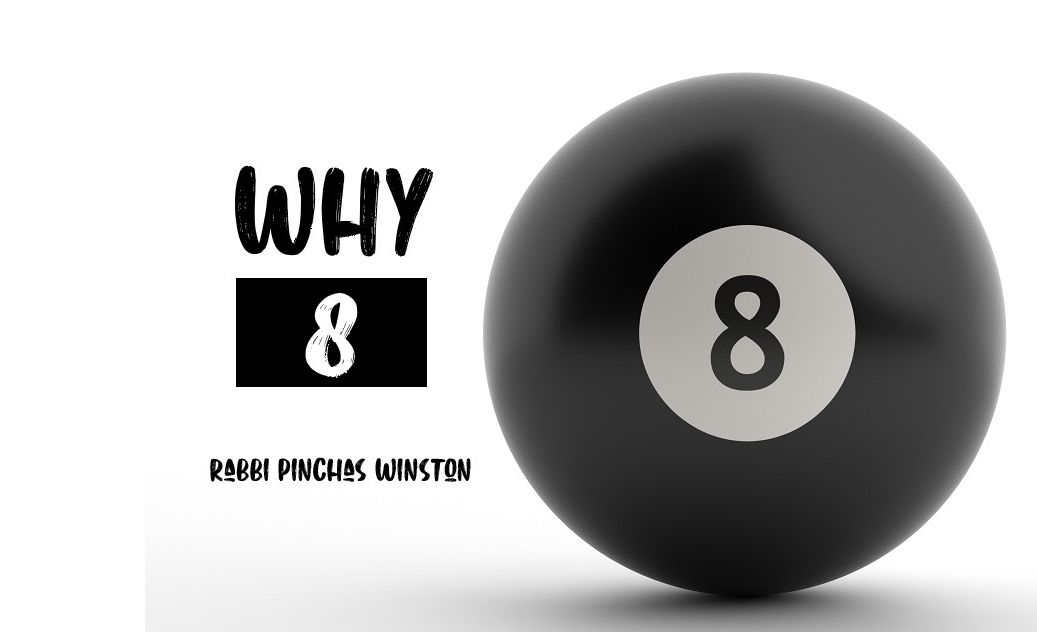

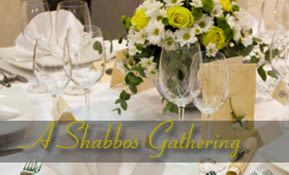
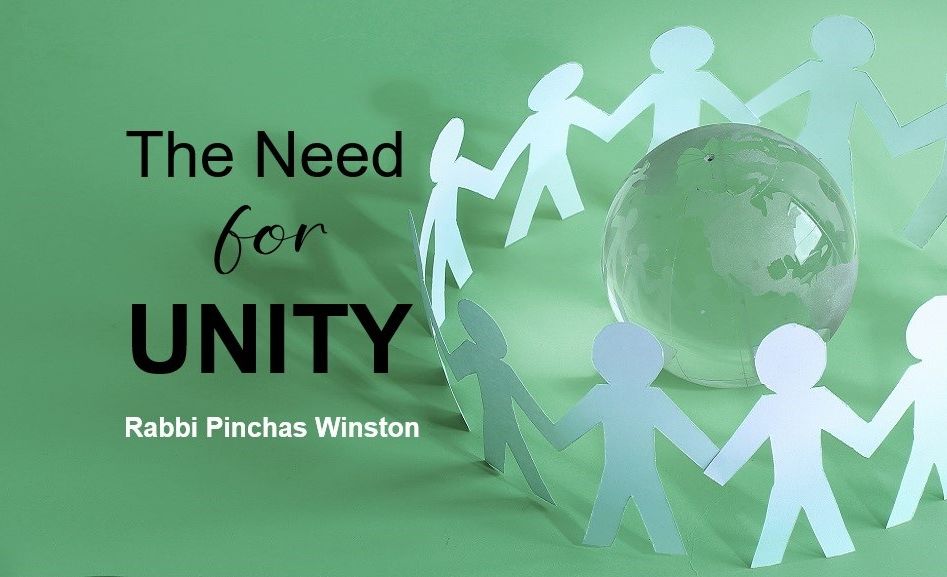
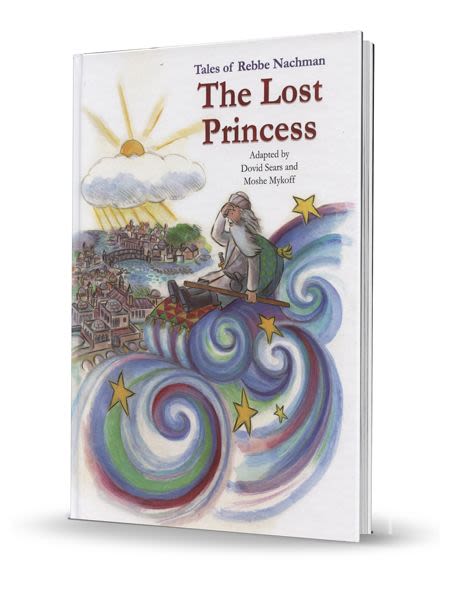
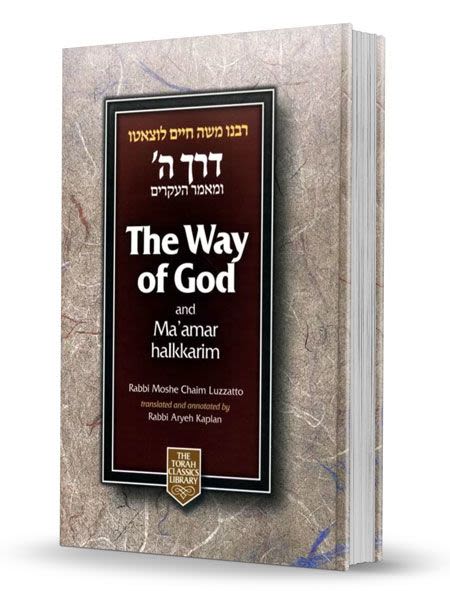
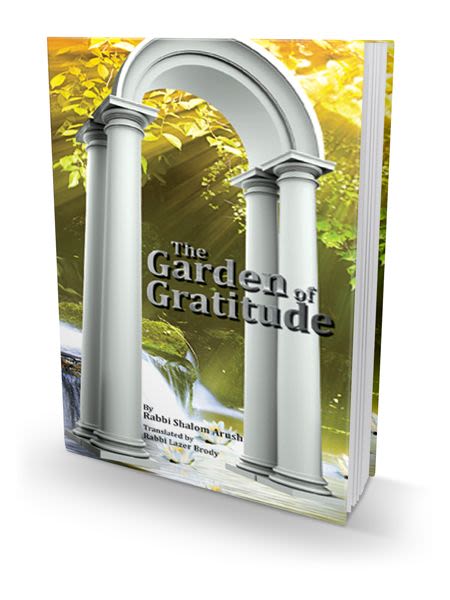
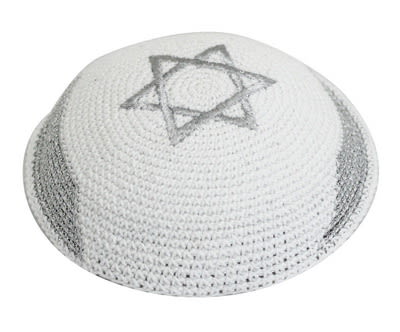

Tell us what you think!
Thank you for your comment!
It will be published after approval by the Editor.